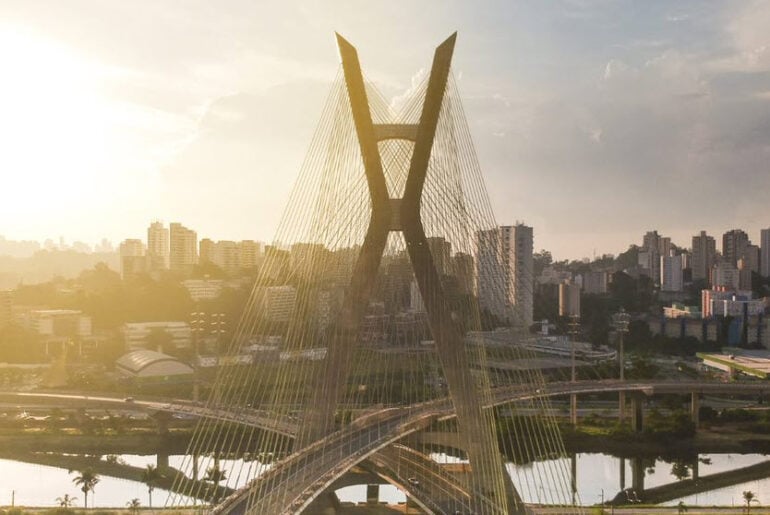The 2024 edition of Baker McKenzie’s International Guide to Contaminated Land offers an overview of national laws and regulations in over 30 countries governing the discovery, management and clean-up of environmental impacts at industrial sites. The guide addresses the key legal issues and risks that must be understood and assessed to ensure the effectiveness of any response to environmental contamination.
On 30 December 2023, the Dubai Executive Council issued Decision No. 124 of 2023 to regulate the usage of single-use products in the Emirate of Dubai (“Decision”), in support of the previous Dubai Executive Council Decision No. 52 of 2022, issued on 13 August 2022, which mandated the reduction in the utilization of single-use bags in the Emirate of Dubai.
On 27 January 2024, Law No. 2 of 2024 was issued (“Law”), providing green hydrogen and derivatives projects with certain incentives. These incentives are extended not only to green hydrogen and derivatives projects (such as green ammonia and green methanol), but also to the upstream and midstream facilities, of which 95% of the output is to service green hydrogen and derivatives projects and projects exclusively carrying out transportation, storage and distribution of green hydrogen and its derivatives in Egypt. The incentives also extend to projects that directly and exclusively manufacture production input and supplies for the midstream and downstream facilities for which a cabinet decree has been issued. The Law also applies to future expansions of suchprojects.
The autonomous region’s tranche of the Special Tax on Hydrocarbons in force in Spain between 2013 and 2018 was contrary to the EU Energy Taxation Directive and should therefore be declared unlawful, as concluded by the Advocate General of the Court of Justice of the European Union, Athanasios Rantos.
Among other renewable power sources, rooftop solar (RTS) power has increasingly become an important power supply source in Vietnam in recent years. However, the implementation of the PDP8 demands some changes to policies and regulations on the development of RTS power. In this update, we provide an overview of the RTS power development in Vietnam from a regulatory and legal perspective, along with an analysis of key legal considerations for the development of new RTS power projects in Vietnam.
On 25 January 2024, the State Council of the People’s Republic of China promulgated the Interim Regulations on Administration of Carbon Emissions Trading (“Regulations”), which will come into force on 1 May 2024.
The Regulations set out the regulatory regime over carbon emission allowance (CEA) in the mandatory carbon market, while the Administrative Measures for Voluntary Trading of Greenhouse Gas Emission Reduction (Trial), effective from 19 October 2023, regulate the China Certified Emission Reduction (CCER) in the voluntary carbon market.
Investigations are an essential tool for ensuring a company’s ethical standards are being followed by employees, business partners, and any others with whom the company interacts. However, investigations are also an essential tool for demonstrating and maintaining strong corporate governance – an integral part of a company’s ESG commitments and strategy. It is also a good time to set yourself some goals and resolutions. To help you on your way, we are pleased to share our top 5 Lunar New Year Resolutions for handling Internal or Government Investigations
Against a backdrop of economic stagnation and geopolitical conflict, businesses are preparing for a challenging year. Global disputes will continue at pace, according to insights from more than 600 senior lawyers at large corporations, with ESG and employment risks the greatest areas of concern. Our seventh annual report provides detailed analysis of disputes trends, as well as sectoral and region-specific developments, to prepare your organization for The Year Ahead.
The Doing Business in the Philippines handbook aims to equip both local and foreign entrepreneurs with a practical guide to navigating the ever-evolving business landscape in the Philippines. It provides information on the requirements needed when setting up and operating a business in the Philippines, including incentives under special registrations, taxation, employment, IP, dispute resolution, and industry-specific regulations.
On 21 December 2023, the Brazilian House of Representatives approved the new text of Bill 2.148/15, which aims to create the Brazilian Greenhouse Gas Emissions Trading System, i.e., the regulated carbon market in Brazil. The text will still be sent to the Brazilian Federal Senate and could return to the House of Representatives if further changes are made.



